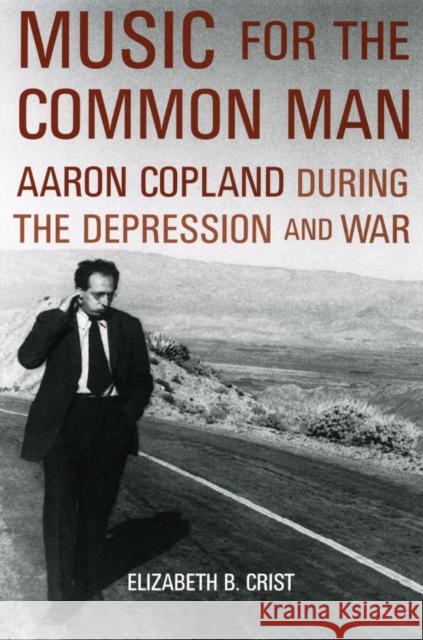Music for the Common Man: Aaron Copland During the Depression and War » książka
topmenu
Music for the Common Man: Aaron Copland During the Depression and War
ISBN-13: 9780195383591 / Angielski / Miękka / 2009 / 272 str.
Music for the Common Man: Aaron Copland during the Depression and War is the first sustained attempt to understand some of Copland's best known music in the context of leftwing social, political, and cultural currents of the Great Depression and Second World War.
In the 1930s Aaron Copland began to write in an accessible style he called "imposed simplicity." Works like El Salon Mexico, Billy the Kid, Lincoln Portrait, and Appalachian Spring not only brought the composer unprecedented popular success but also came to define an American sound. Yet the political alignment behind this musical idiom--the social agenda that might be heard within these familiar pieces--has been largely overlooked, even though it has long been acknowledged that Copland subscribed to leftwing ideals. His politics never merely accorded with mainstream New Deal liberalism or wartime patriotism, however, but advanced a progressive vision of American society and culture. His music from the thirties and forties relates to the politics of radical progressivism, which affirmed a fundamental sensitivity toward those less fortunate, support of multiethnic pluralism, belief in social democracy, and faith that America's past could be put in service of a better future. Investing symbols of America--whether the West, folk song, patriotism, or the people--with progressive social ideals, Copland's music wrestles with the political complexities and cultural contradictions of the era.










